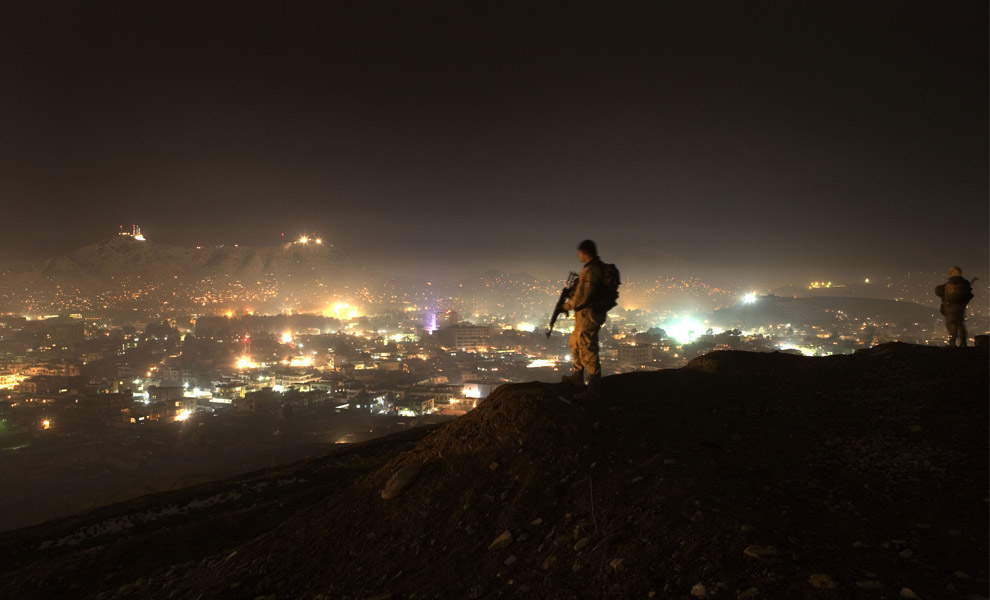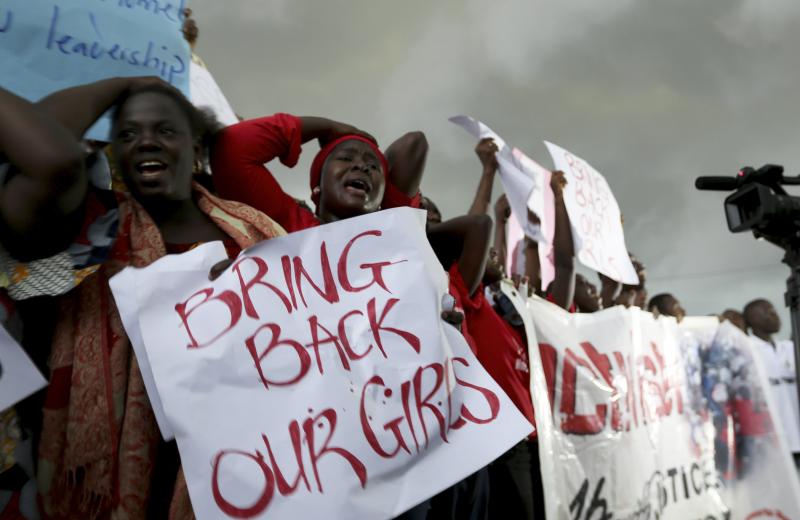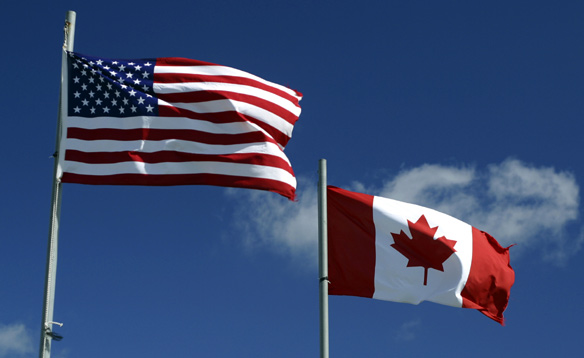In June 2011, President Barack Obama signalled that the US would begin withdrawing American troops from Afghanistan, transferring security responsibility to the Afghan forces by 2014. According to Obama, Afghanistan no longer represented a terrorist threat and declared that the “tide of war is receding.” This, compounded by budget restraints and mounting internal pressure to focus on domestic issues, caused Obama to issue a troop reduction that was greater and faster than the recommendations made by many American military commanders with experience in Afghanistan.
In one sense, Obama was correct in 2011: Afghanistan was no longer home to America’s biggest terrorist threat or a terrorist safe haven. American and NATO military involvement in the country, combined with strategic air strikes on Al Qaeda targets in the tribal areas of the Afghanistan-Pakistan border had been successful in destroying Al Qaeda Central’s (AQC) ability to perpetrate a large-scale, 9/11 style attack. This is highlighted in the US State Department’s 2012 ‘Country Reports on Terrorism’, which states ‘the loss of Bin Laden and these other key operatives puts the network on a path of decline that will be difficult to reverse’. In fact, many policymakers argue that the true threat from Al Qaeda lies with other franchises, such as Al Qaeda in the Arabian Peninsula, based in Yemen. A key point that Obama failed to acknowledge, however, was that the military presence he was withdrawing was precisely what helped create an Afghanistan that no longer harboured a dangerous terrorist organization.
It is no secret that as NATO involvement in Afghanistan progressed, participating countries came under pressure to cease combat operations in the country and withdraw troops. Countries, such as Canada withdrew the majority of Canadian troops by 2012, and made it clear at the Chicago Summit in 2012 that Canada will honour present commitments but ‘will not have any military mission in Afghanistan after March 2014’. In addition, countries like France followed the American example, with former President Nicolas Sarkozy stating in 2011 that he would also start drawing down the 4,000 French troops in Afghanistan.
And during last week’s NATO defense ministers meeting in Brussels, the Alliance endorsed the detailed concept for the new NATO-led mission to train, advise and assist the Afghan security forces after 2014. “That concept will guide our military experts as they finalise the plan in the course of the coming months,” said NATO Secretary General. However, it worth exploring the type of assistance that will be provided for Afghan forces and what has been cut.
One form of assistance that has been cut is air support, in the form of things like medical evacuation, which Afghan forces have relied heavily on in the past. This comes despite the fact that it will be years before the Afghan air force has these capacities. This combined with issues in preparing the Afghan forces for the tasks that lie ahead, and dealing with corruption in the lead-up to the 2014 Afghan election, amongst other things, has left substantial gaps in the Afghanistan National Security Force’s ability to fight Al Qaeda and the Taliban. To fill this gap, the Pentagon has proposed an increase in monetary support for the Afghan security forces from $2.6 billion to $7.7 billion to help pay for long-range artillery, drones and other equipment currently provided by the coalition. Nonetheless, questions still remain over how many troops will remain in Afghanistan to assist them.
Influential people such as Gen. James Mattis, a top American commander in the Middle East, has recommended the NATO leave 13,600 troops in Afghanistan, with roughly 50% of those being American. Despite this, however, talks between NATO members in February signaled that the alliance was looking to leave between 8000-12,000 troops, regardless of the fact that many military commanders have argued that 10,000 troops would not be enough to properly support the Afghan security forces. Furthermore, according to the Washington Post, retired Marine Gen. John Allen has also argued United States and NATO risks ‘snatching defeat from the jaws of something that could still resemble victory if it fails to make long-term financial and military investment in Afghanistan.
It’s clear that Afghanistan still faces problems that will only be compounded if NATO fails to remain committed to the country militarily. Although Al Qaeda may no longer be a substantial threat in the country, there are still resilient enemies in the country, like the Taliban, who have the power to bring Afghanistan back to failed statehood. This is evident in the fact that the Taliban have dramatically increased their attacks on both civilians and military targets in the lead up to the end of the NATO combat mission. The United Nations Assistance Mission in Afghanistan has reported a 24% increase in civilian casualties due to Taliban attacks from the same time last year. On top of that, groups like the Red Cross have been forced to cut back their presence, as the NATO withdrawal has led to attacks on Red Cross compounds by the Taliban, and resulted in the death of one foreign worker.
The situation in Afghanistan is far from settled, but viewing Afghanistan as a lost cause and curtailing involvement would be a disservice to the Afghan people. The main goals of the mission in Afghanistan was to ‘enable the Afghan authorities to provide effective security across the country and ensure that the country can never again be a safe haven for terrorists.’ To this point, most Afghan successes against the Taliban have been with the assistance and guidance of coalition forces. Thus, bending to internal pressure and failing to send the message of long-term support would only inhibit the ability of Afghan forces to provide lasting security for their people.




